English Language Proficiency Tests as a Predictor for Academic Success in a Writing Course
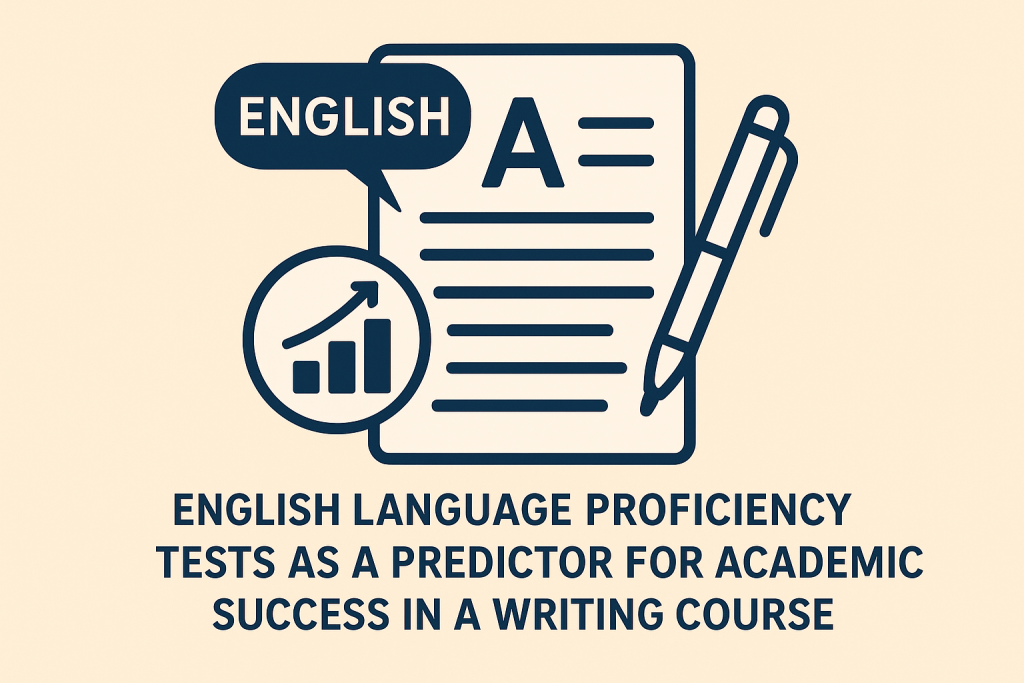
At Nazarbayev University (NU), standardized tests such as IELTS and TOEFL assess entry-level proficiency. However, the extent to which these tests predict academic performance in NU’s core courses remains uncertain. This study examines the relationship between English language proficiency test scores and performance in WCS 150 Rhetoric and Composition, a required first-year writing course. Institutional data from 8,221 students enrolled in WCS 150 (2018–2024) were analyzed, including IELTS scores for a subsample of 3,283 students.
Figure 1 shows that most students earned mid-to-high grades in WCS 150, though about 17% failed and required retakes. Figure 2 illustrates that the majority of IELTS overall scores (n = 3,026) clustered between 6.0 and 7.5, with few students scoring below 5.5 or above 8.0, indicating generally moderate to strong proficiency at entry.
Figure 1. WCS 150 Grades Distribution Figure 2 Distribution of IELTS Overall Scores
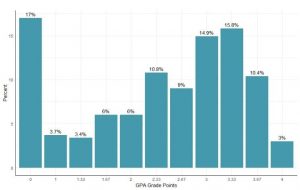
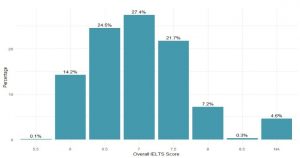
As seen in Figure 3, IELTS Writing scores were slightly lower than overall scores, with many students scoring between 5.5 and 6.5. This aligns with the challenges students face in academic writing at NU.
Figure 3. Distribution of IELTS Writing Scores
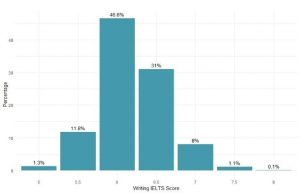
Figure 4 demonstrates a positive but weak correlation between IELTS scores and WCS 150 grades. IELTS Overall (r = 0.105) and IELTS Writing (r = 0.127) scores show limited predictive power for course performance, though both correlations are statistically significant (p < 0.01).
Figure 4. IELTS Writing VS. WCS 150 Grades
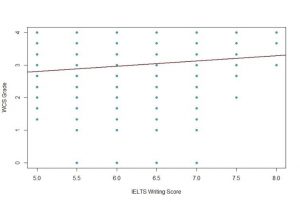
Correlations also vary by school background: NIS (r = 0.1897, n = 830), BIL (r = 0.0871, n = 441), RFMS (r = –0.0511, n = 212), Gymnasiums & Lyceums (r = 0.0776, n = 668), and Other (r = 0.1554, n = 219).


